Wallflower Plants
OFF
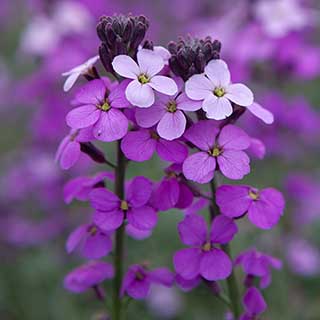
OFF
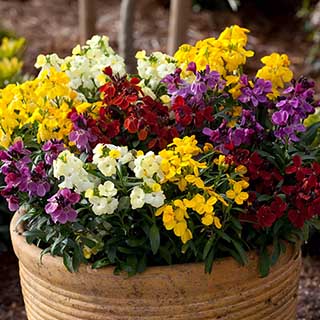
OFF
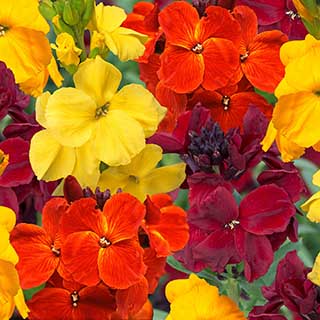
OFF
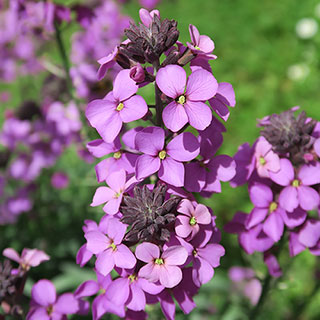

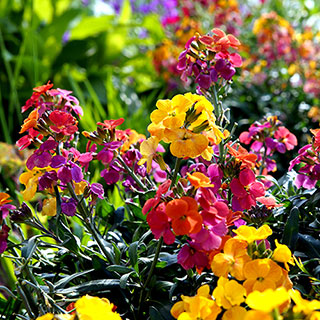
OFF

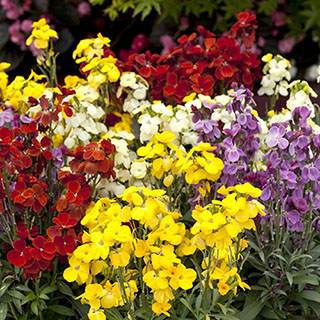
OFF
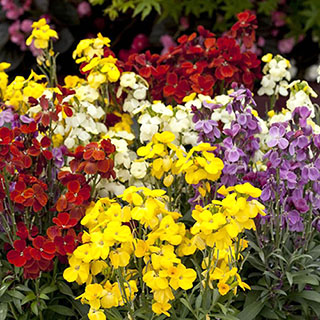
OFF
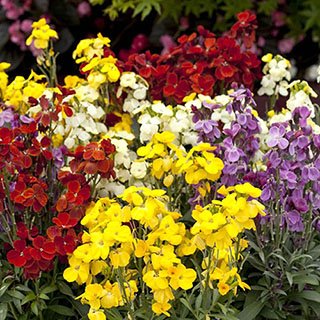
Wallflowers, also known as Erysimums, are delightful flowering plants that add a burst of color and fragrance to any garden. With their vibrant blooms and resilience, wallflowers have become a popular choice among gardeners. If you're considering planting wallflower plants in your garden, it's important to understand the proper techniques and timing to ensure their success. Below, we will explore how and when to plant wallflowers for a stunning display of these charming flowers.
Timing is crucial when it comes to planting wallflowers. These hardy plants are best planted in the autumn or early spring. Autumn planting allows the plants to establish their root systems before winter, resulting in robust growth and abundant blooms in the following spring. Spring planting can also be successful, but it's important to do so early, just after the last frost, to give the plants enough time to establish before the summer heat sets in.
Planting Wallflower Plants
Site Selection:
Wallflowers thrive in well-drained soil and prefer full sun to partial shade, so pick a spot accordingly. Ensure the soil is fertile, loamy, and well-drained. If your soil is heavy or clay-like, consider improving it by incorporating organic matter like compost or well-rotted manure.
Planting Technique:
Follow these steps to plant wallflower plants:
Prepare the soil by removing any weeds or debris and loosen it with a garden fork or tiller.
Dig holes that are slightly larger than the plant's root ball, spacing them around 12-15 inches apart.
Gently remove the wallflower plant from its container, taking care not to disturb the roots excessively.
Place the plant in the hole or plant pot, ensuring the top of the root ball is level with or slightly above the soil surface.
Backfill the hole with soil, firming it gently around the plant to eliminate air pockets.
Water thoroughly after planting to settle the soil and encourage root establishment.
Maintenance:
Wallflowers are relatively low-maintenance plants, but they do require some care to thrive:
Water regularly, especially during dry periods, to keep the soil evenly moist. Avoid overwatering, as wallflowers don't tolerate waterlogged conditions.
Apply a layer of organic mulch around the plants to help conserve moisture, suppress weeds, and maintain a more consistent soil temperature.
Deadhead spent blooms regularly to promote continuous flowering and prevent self-seeding. This will also encourage the plant to put more energy into producing new blooms.

